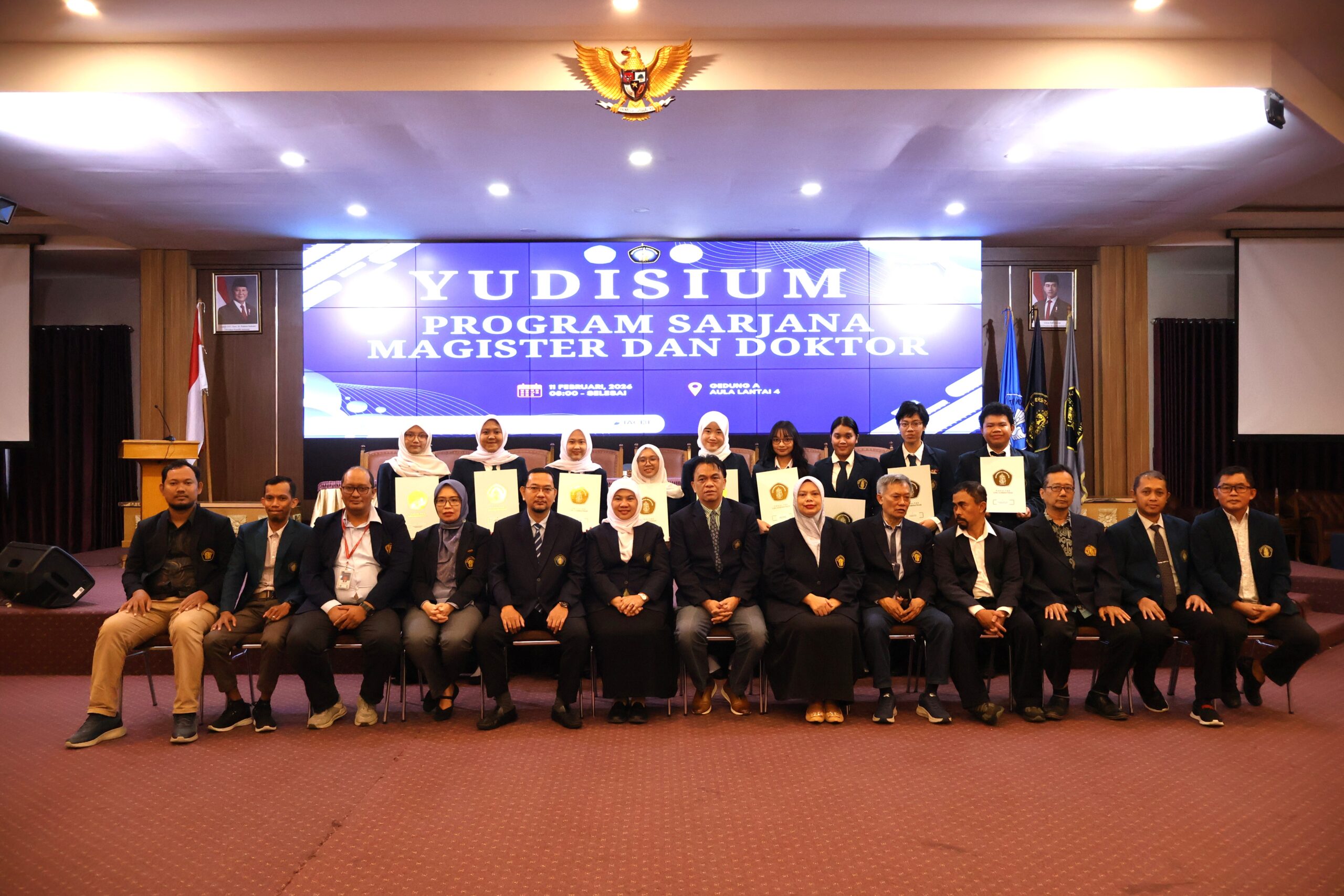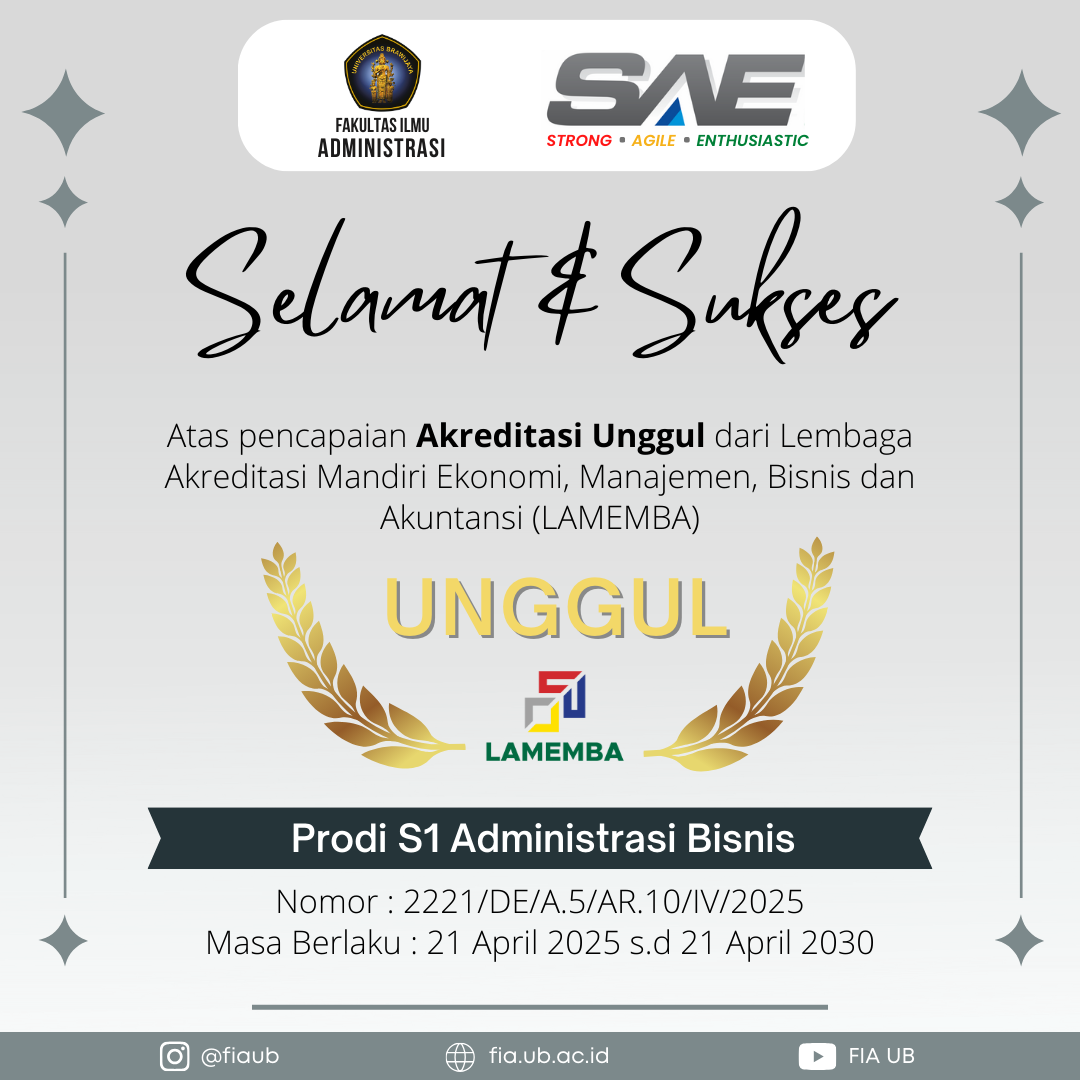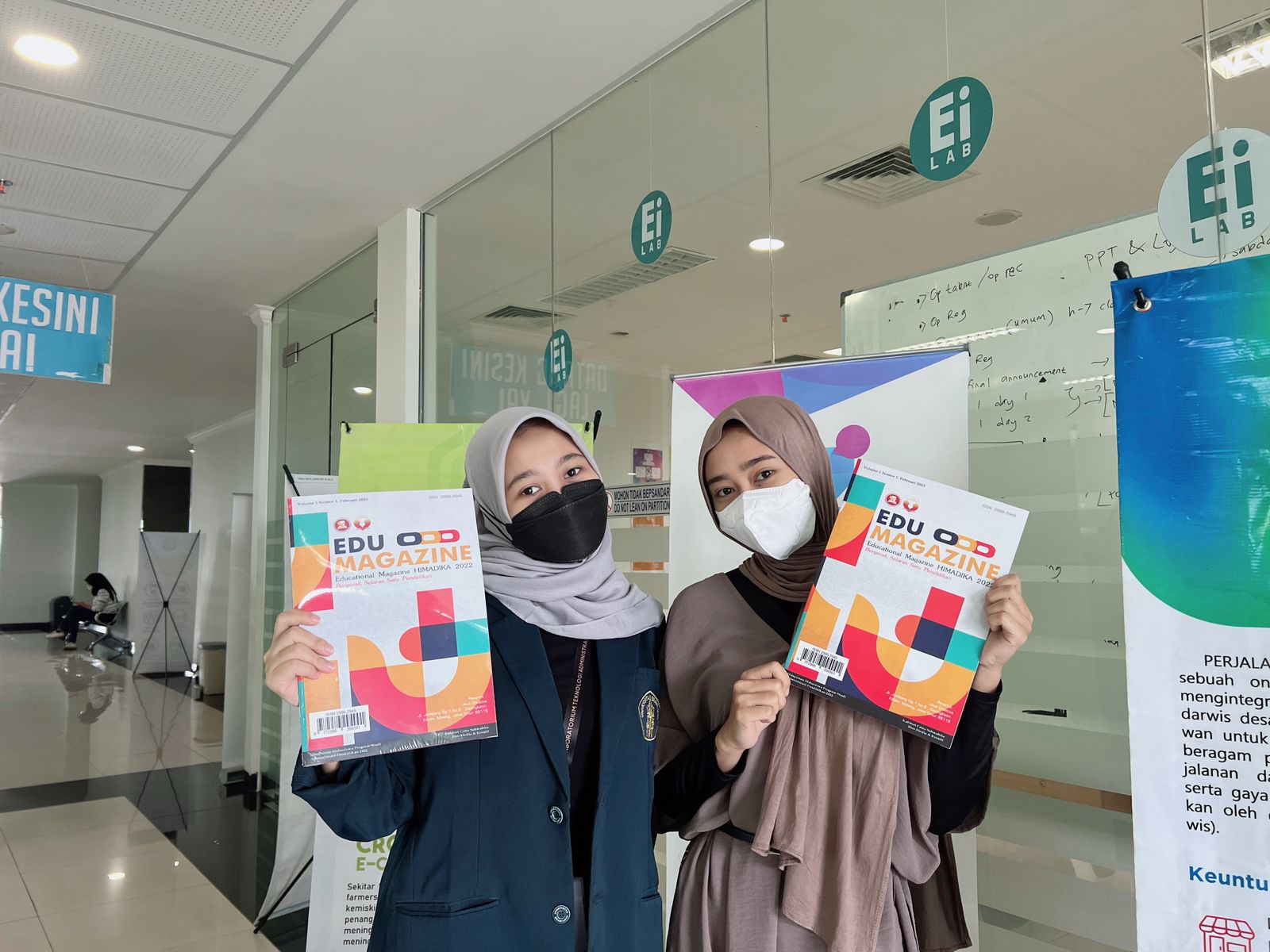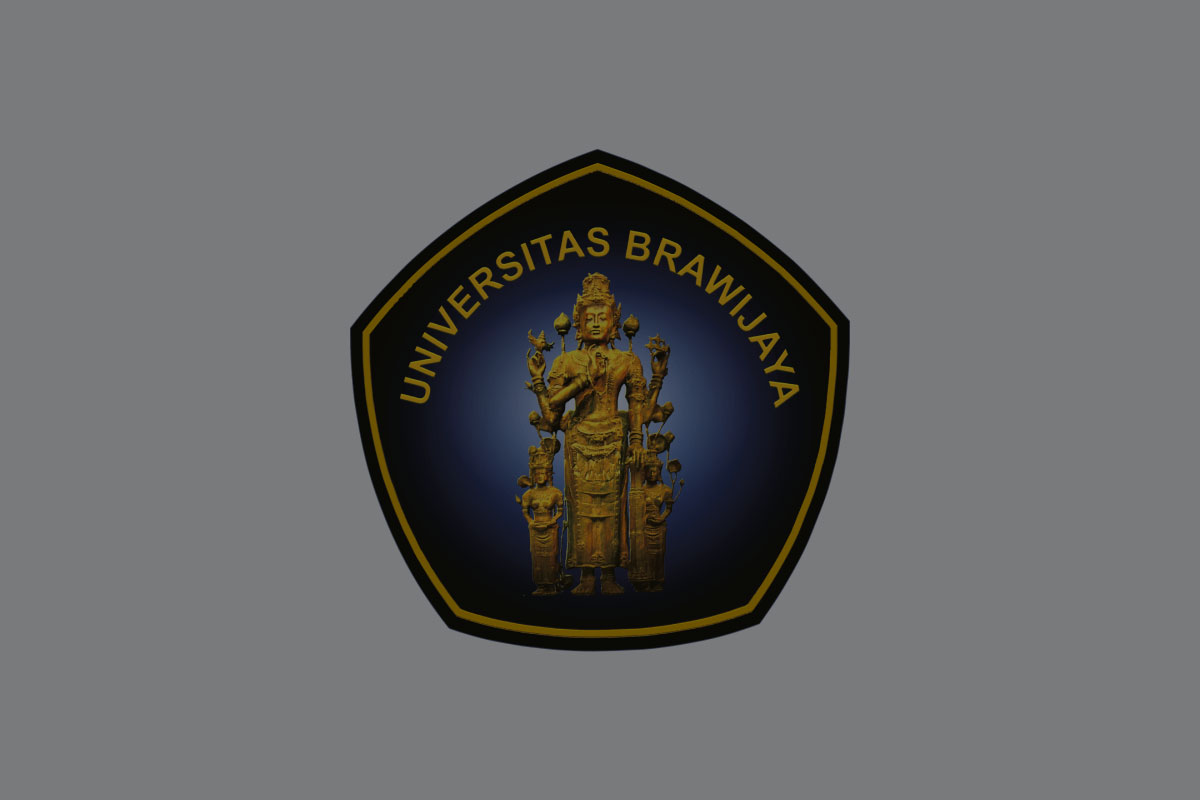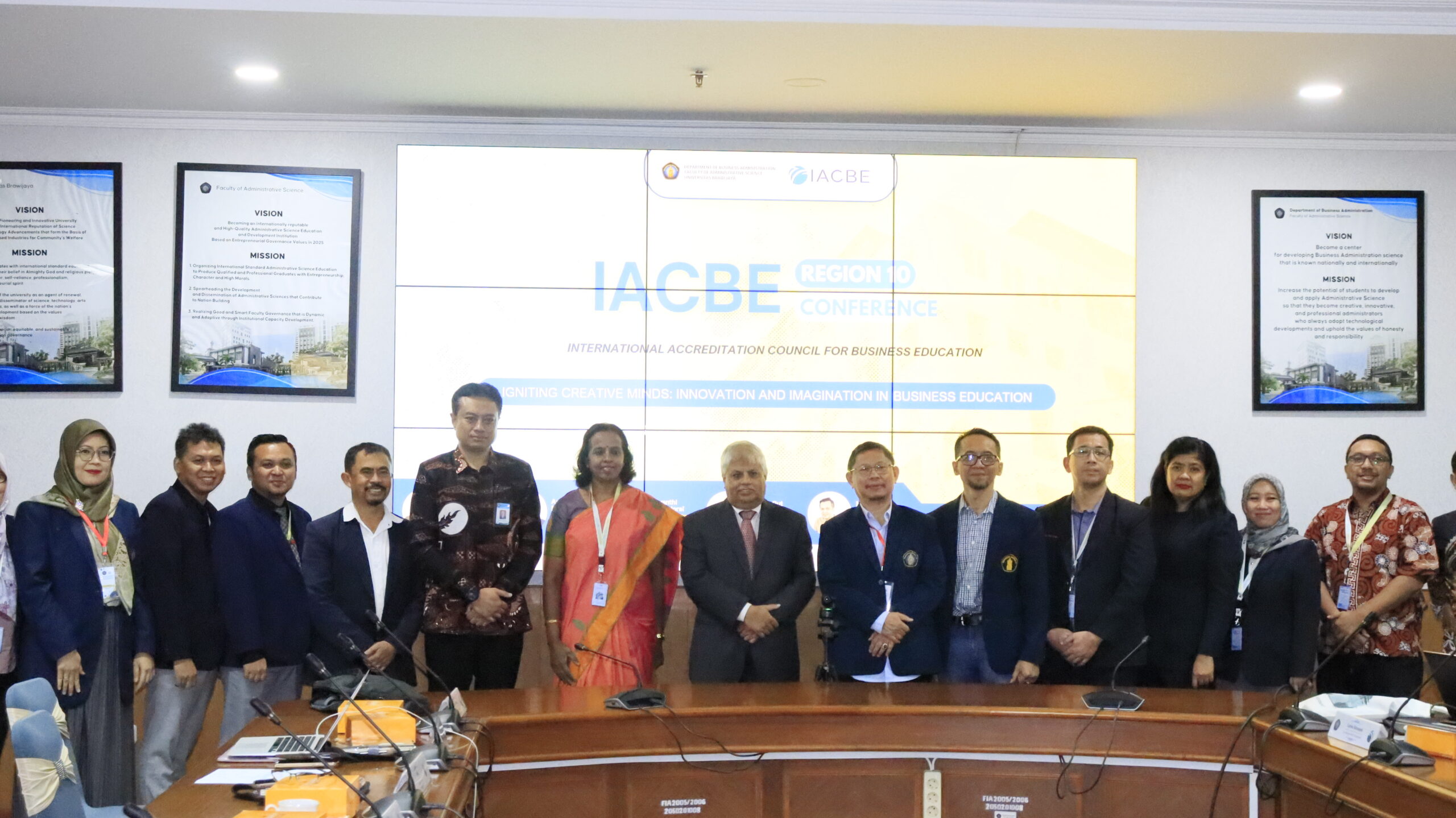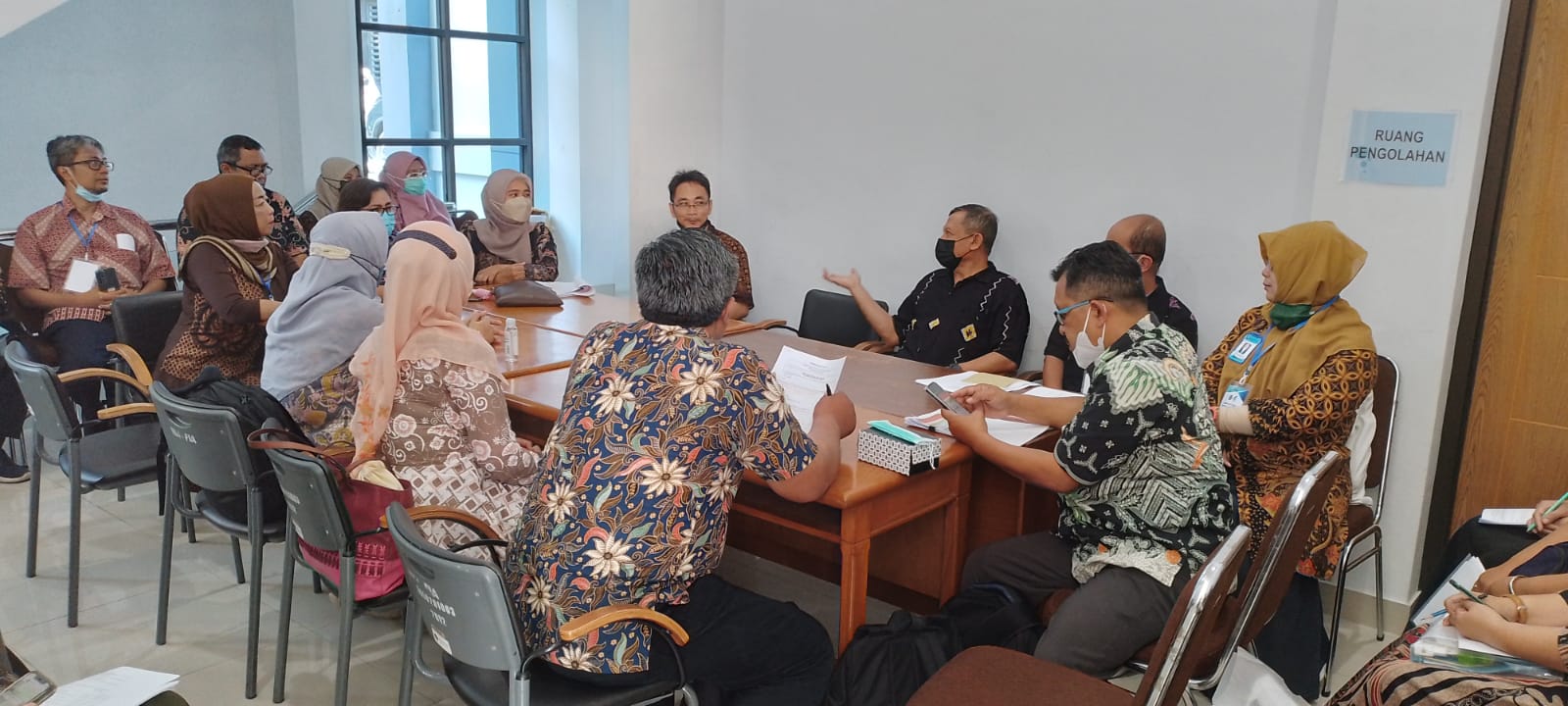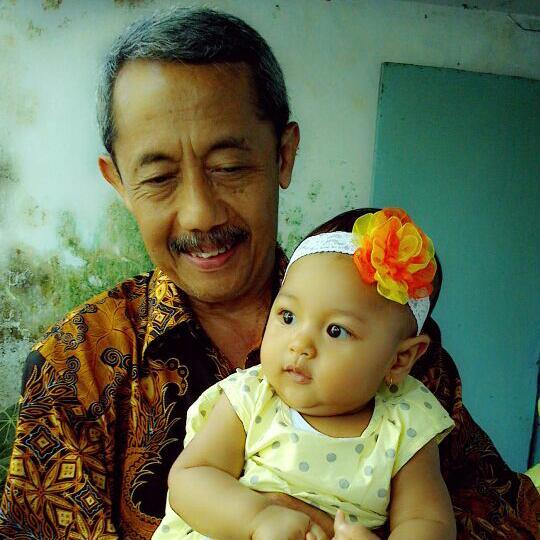
Muhammad Saleh So'eaidy was born in Pamekasan on February 12, 1954. He has worked at Brawijaya University since 1981 or exactly one year after obtaining a Bachelor of State Administration from Brawijaya University. At that time, he was completing a thesis entitled "The Role of Informal Leaders in Development, Case Studies in the District of Malang". After becoming a teacher, he immediately continued his studies at the master's level at the University of Indonesia and graduated in 1986. The thesis he wrote was entitled "The Role of Elites in Development, Case Studies in Pamekasan Regency, East Java).
In 2009, Saleh officially holds a Doctorate degree in Social Sciences from Airlangga University. He presented the title "Relations of Interest between Market State Actors and Society in the Policy Formulation Process, Case Studies in Malang City" in his dissertation writing. While teaching, he is also actively involved in many research activities, including as chairman in the research title "Bureaucratic Ethics and Public Service" in 2003, participating in researching the division of sub-districts in Bojonegoro Regency in 2011, researching the implementation of the policy of appointing the Secretary of Village as a Civil Servant towards improving government performance villages in East Java in 2012, and researched the benefits of application-based village administration services in 2013.
In addition, as Head of the Center for Policy and Conflict Studies (RCCP) FIA UB, Saleh is often involved as a resource person in various series of training aimed at improving the quality of public services. Among other things, Saleh was a speaker in training on regional development planning held by the City Government of Malang in 2009. Saleh also gave material on strengthening the capacity of councilors in implementing the duties and functions of the DPRD apparatus in Kediri Regency, also in 2009.
As a permanent lecturer at FIA UB, Saleh actively teaches at all levels, from undergraduate, masters, to doctoral degrees. At the undergraduate level, Saleh usually teaches courses in Social Economic Theories, Development Political Economy, and Business and Community Government. While at the master's level, Saleh teaches courses in Theory of Public Administration, Political Economy of Development, and Policy and Poverty. Then at the doctoral level, Saleh became a student adjunct for the Political Economy of Development and Political Economy of Public Policy courses.
Many people feel the loss of Saleh's departure. One of them is Andhyka Muttaqin, S.AP., MPA. This easy lecturer of FIA UB was once a student in Saleh's class when he was still studying for his undergraduate degree several years ago. According to Andhyka, Saleh is a lecturer who is dedicated to his work, is modest, and looks neat all the time. Andhyka also always remembers Saleh as a firm figure. He told me that he had been a 'victim' of his strictness about ethics in the classroom. “Mr. Saleh always asks his students to ask permission before entering the classroom. In addition, students who are late are usually penalized and cannot enter the classroom that day. Well, one time, I felt I was late. When I was about to enter the class, I saw Mr. Saleh already in the room. I entered the class and said permission to enter the class. It was a bit rowdy then and I could faintly hear Pak Saleh say something to me. Because I had memorized the habit of not allowing students to be late for class, I immediately left the class and headed to the prayer room to spend time there. Not long after, there was a classmate of mine who came to me at the prayer room. He said that he was asked by Mr. Saleh to call me back into the classroom. I was surprised why I was asked to come to class, even though Mr. Saleh had asked me to leave the class. After I investigated, it turned out that Mr. Saleh had not asked me to leave the class, but instead ordered me to repeat the request for permission to enter the class that I said before," said Andhyka, who was met at the funeral home.
Meanwhile, Drs. Topowijono, M.Sc. has other memories of his own about the figure of the deceased. According to a senior lecturer at the Tourism Study Program who was in the same undergraduate class as the deceased, Saleh was a serious and upright person. Once he tried to joke with the deceased, but the joke was taken seriously by the deceased. “I once said to Mr. Saleh, 'Sir, it turns out a tomato not good for the eyes'. Immediately the deceased was shocked and gasped, 'Huh? How come?' Topowijono immediately answered, 'Yes, indeed not good for the eyes, but good for the mouth',” joked Topowijono who was immediately greeted with laughter and a friendly pat on the shoulder by the deceased.
So full of stories stored in the minds of every academic member of FIA UB. Lecturers, educational staff, to students who were and are being mentored by the deceased, all of them have memories that will never be forgotten forever. Now we can only pray for him that Allah SWT will always reward him for all the knowledge and goodness that he has shared with all of us with eternal happiness in the afterlife.
Farewell, Mr. Saleh..
Hopefully we can and are able to emulate all your dedication.

